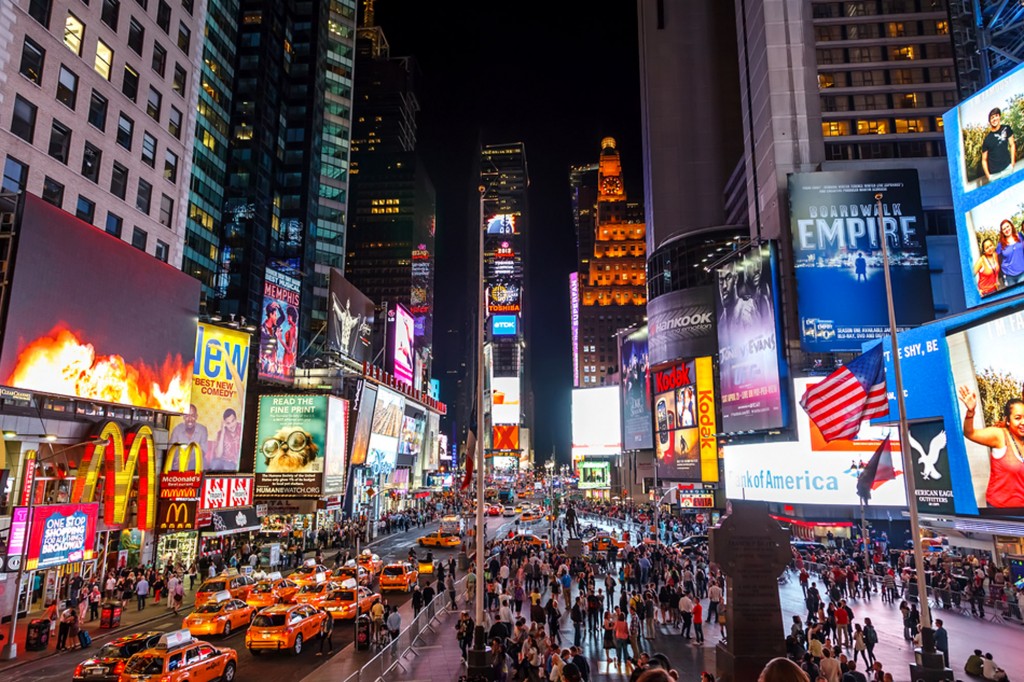
Oh, hey there, civilization. Aren’t you looking bright and shiny this evening?
Hmmm. That won’t do.
That won’t do at all.
Feels like there’s something we need to get out of the way first.
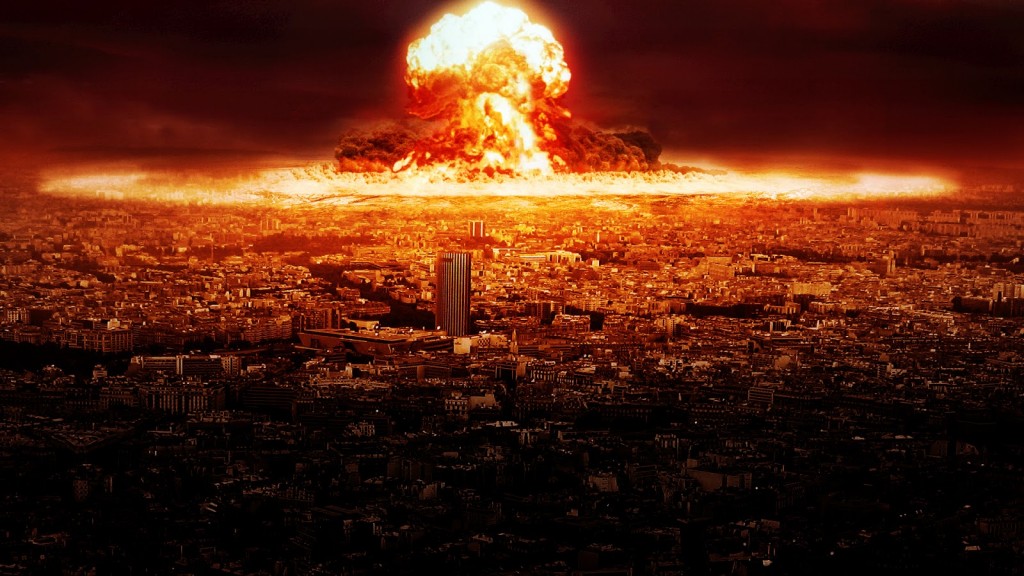
Okay…
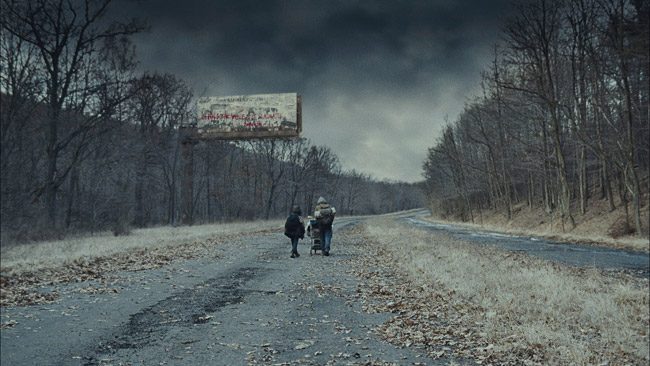
Ahhhhhhh…
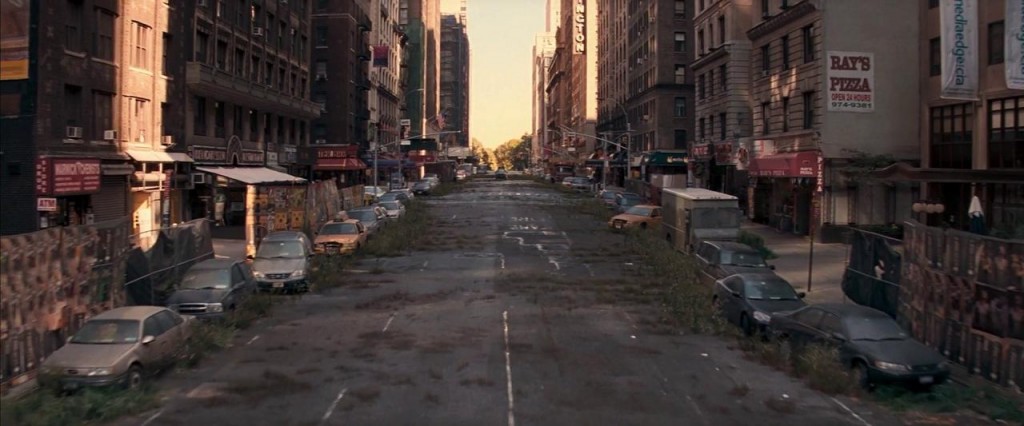
Much better.
Now.
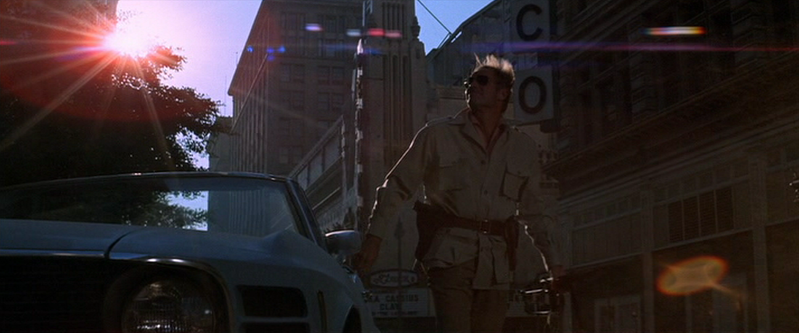
Ever since the beginning of time, people have been thinking about, worrying about, telling stories about, the end of time. When daily reality becomes monotony, it’s a natural inclination for a destructive species like mankind to imagine what blowing it all up might feel like. Some people daydream about saving the world, which is why superheroes and religion will never go out of style. But some people’s daydreams are darker, which is why post-apocalyptic stories (and again, religion) remain popular. It’s probably a personality thing.
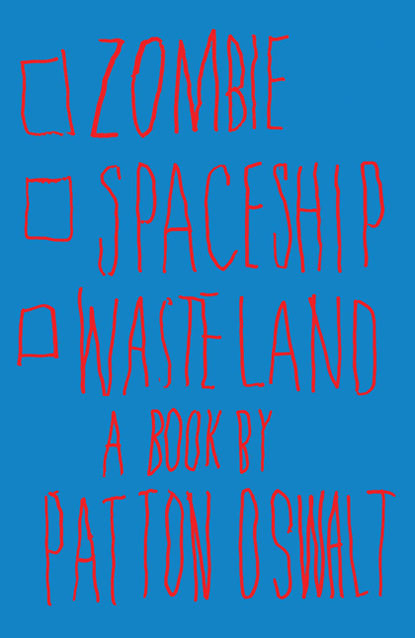
Comedian, actor, and author Patton Oswalt titled his first book Zombie Spaceship Wasteland, after the essay after which he named the book. The cover art presents the three words in the title as a checklist. The essay begins with a question for pop-culture creators and consumers: “Are you a Zombie, a Spaceship, or a Wasteland?” The question is somewhat clunky, verbally, and Oswalt himself admits the logic is somewhat tortured, due in large part to the genre overlap between the three aspects named. But he’s getting at something important. These three categories, which may not be the extent of the vastness of pop culture and storytelling, still have a lot to say about the personalities who favor them.

“Spaceship” implies science-fiction, travel, momentum, searching. It’s for aspirational types, dreamers. I discounted that category instantly. The stuff I liked best about STAR WARS was the weird, creepy, peripheral monster-type stuff, like that space werewolf hanging out in the bar early on in the first movie. The utopian aspirations of sci-fi franchises like STAR TREK held little appeal for me.
For me personally, when I first encountered the Zombie/ Spaceship/ Wasteland question, I naturally assumed I fell in line with the “Zombie” type. I’m a huge horror fan, and 1978’s DAWN OF THE DEAD is one of my very favorite movies. But if I’m understanding Patton’s thesis correctly, and if so I think I agree with him, the zombie genre in particular tends towards unity — the besieged survivors of a zombie attack must band together as a group if they have any chance of continued survival, and the zombies themselves move as an army, with a singular purpose. This is the case with so many horror movies, if you think about it — whether or not humanity succeeds against monsters and ghouls, they fight as a group for at least some time. It’s about teamwork, about family, about people. And that too, in its way, is aspirational.
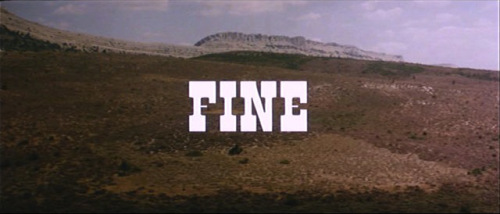
Thinking further, I thought about my life and about the stories I hold most dear. And that’s when I realized I was the “Wasteland” type. I thought about my favorite movie, THE GOOD THE BAD & THE UGLY, a movie I have written about on this site several times before, and I thought about why it appeals to me so much. I remember seeing it for the first time in the middle of the night on cable somewhere back when I was in high school, with the oddness of the score and the vastness of the landscapes (of Spain standing in for the American West). An Italian-born filmmaker and his largely-Italian crew told the story of three men, a native Californian playing the kind of hero who’s only “The Good” by default, because he isn’t as bad as the other two, who are in turn a Brooklyn Jew playing a Mexican and a Jerseyite playing a dead-eyed snake — and all of their voices are over-dubbed. It felt like a movie out of time, a movie beamed in from another world. It’s set in the days of the Civil War, two centuries ago, yet it feels like a dispatch from a post-apocalyptic wasteland!
And then there was I Am Legend.
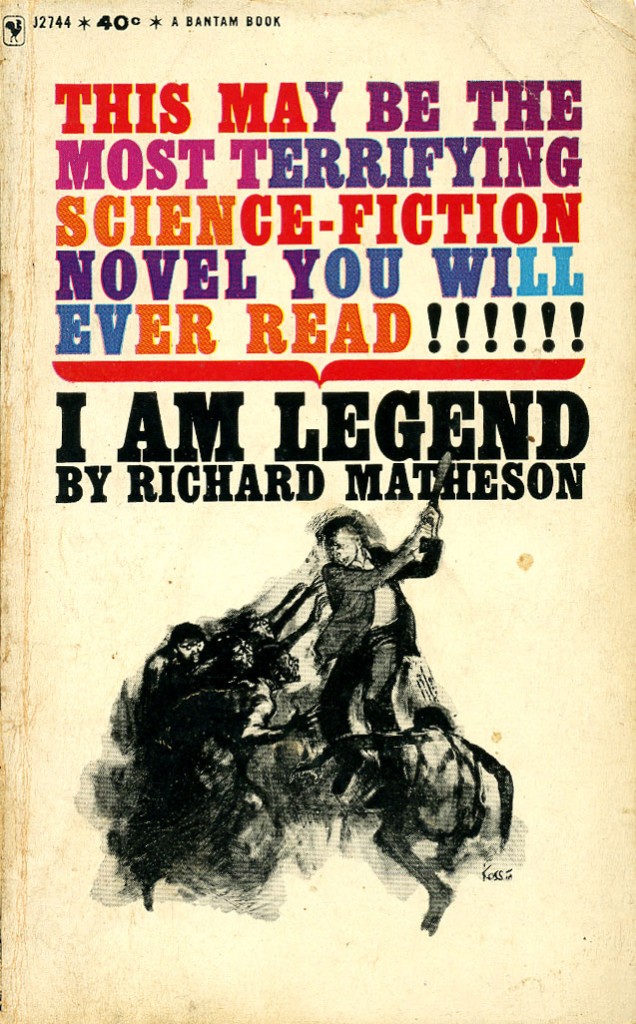
If I’m being honest, I discovered Richard Matheson’s novel — probably my favorite book if I had to answer that question — backwards, after another late-night viewing, this one of THE OMEGA MAN.
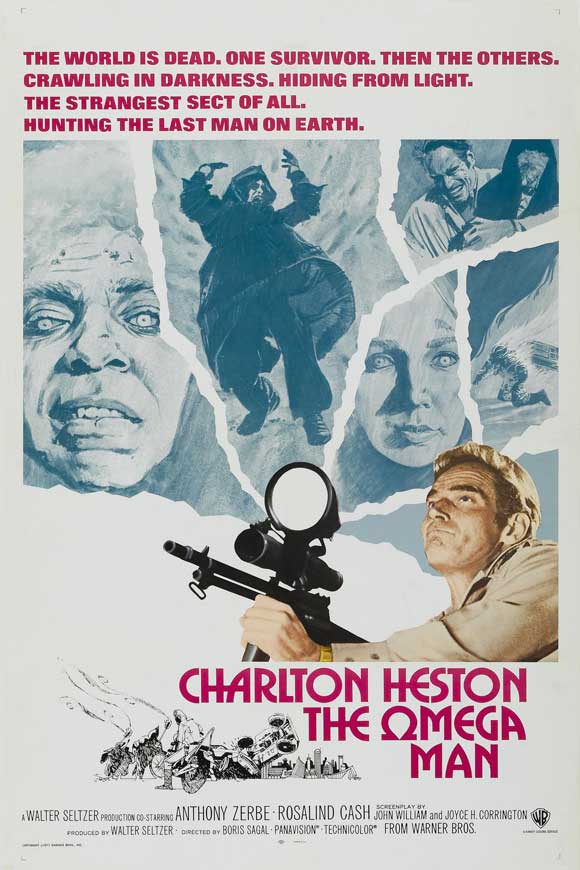
Matheson’s source material is very much of the horror genre. It tells the story of a future where vampires have over-run the planet, and every night at sundown, they come out to hunt down the one surviving human being, who has fortified himself inside a makeshift castle. During the day, he goes out on empty streets to forage for supplies, but by nightfall, he’d better be home. We have yet to see the best possible cinematic treatment of I Am Legend — Mark Protosevich’s adaptation comes as close as I’ve yet read, but his screenplay was stripped of its superlative claustrophobic atmosphere by the time the serviceable but unexceptional Will Smith-starring film version came around in 2007. 1964’s THE LAST MAN ON EARTH, starring Vincent Price(!), is moody and spooky and way better than anyone nowadays probably expects it to be, but it’s still not the stone-classic adaptation that Richard Matheson’s masterpiece warrants.

THE OMEGA MAN certainly isn’t that. This 1971 adaptation, scripted by John William Corrington and Joyce Corrington and directed by Boris Sagal, swaps out vampires for albino zombie-sorts who are relatively talkative, and THE OMEGA MAN gets kind of corny at times, sometimes exactly when you wish it wouldn’t. The film is far and away most valuable for its striking camerawork by TOUCH OF EVIL‘s Russell Metty, who truly captures the infinite loneliness and bizarre appeal of an empty Los Angeles. Star Charlton Heston, in the midst of a run of post-apocalyptic pictures that included PLANET OF THE APES and SOYLENT GREEN, is not the guy you want for moments of subtle character work, which is why the scenes of him alone at his dinner table, conversing with non-existent guests, is so preposterous and [admittedly enjoyably] comical. But his out-sized persona is a fine fit for anchoring the long, more effective stretches of the film without much dialogue at all.
Maybe I should be, but I’m not ashamed to admit that I saw THE OMEGA MAN in college, and if memory serves, late into a Saturday night, when my friends were probably out partying. It’s not that I was a total wallflower — I had friends, I dutifully went to parties more often than I didn’t — we’re speaking now to something deep inside my character, and that of fellow “Wasteland” types I’ve since befriended or passed like ships in the night. It’s not that I had much trouble being around people; it’s that I often elected not to be.
I watched THE OMEGA MAN that night, witnessing its loner hero making the best out of the wide empty vistas of a former crowded metropolis by rolling around in whatever sports car he could find, and eventually meeting a fellow survivor, a super-fine FOXY BROWN type (Rosalind Cash), and playing house with her — but not for too long — and all I could think was
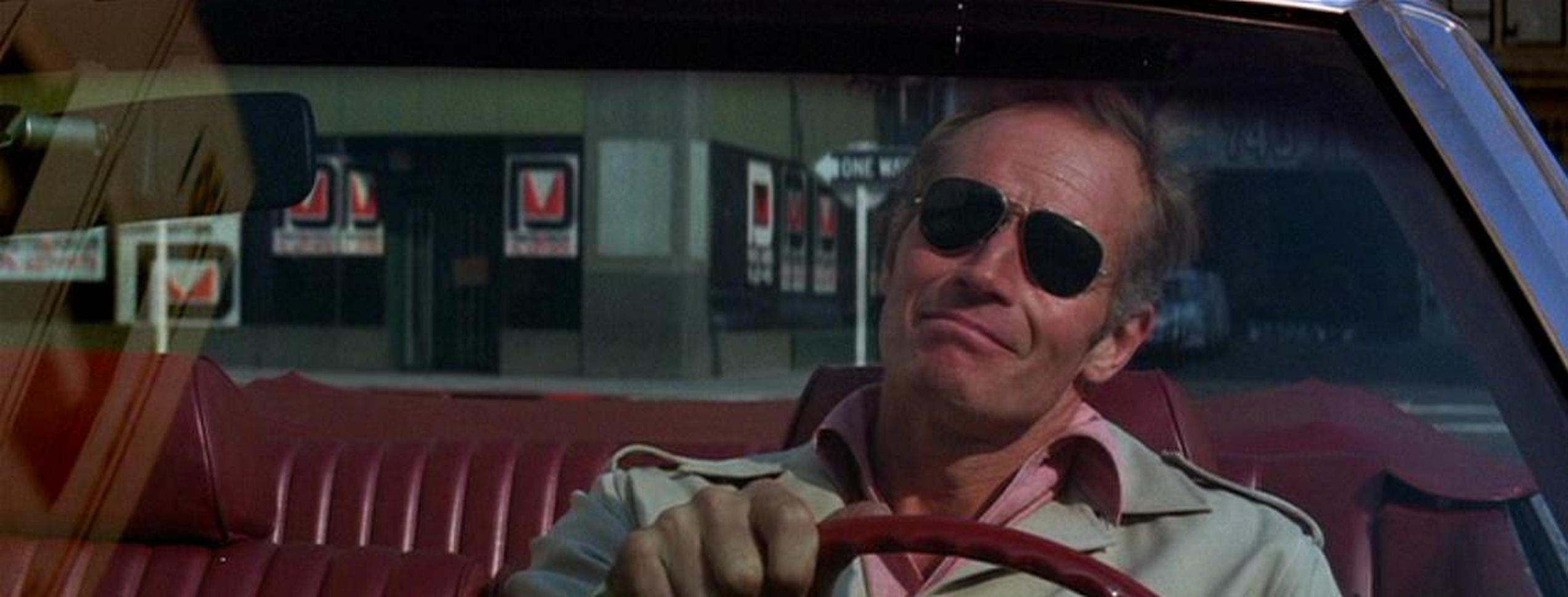


THAT IS MY DREAM LIFE.
Sure, it’d be inconvenient at times. You’d have to fight off hordes of atomic mutants relatively often, and you might have to deal with the betrayal of your one-time paramour who sells you out to the murderous hordes, and the odds are against you surviving into a sequel, but aren’t the odds against us all, ultimately?
I’m not a misanthrope, by the way. I’m more like a tarnished optimist. I love people. I love a handful of people very, very much. But when you love people that much, it hurts when they leave. It’s the only real fear I have, and to get a little more personal just until the end of the sentence, over the last five years I’ve lost almost a dozen people who are irreplaceable. Stands to reason, then, if there were no more people, I couldn’t get hurt. But I don’t give up. I can’t. I don’t really know how. Even when I don’t know why, even when it seems against my better instincts, I keep caring. I keep loving. I keep losing. I keep moving. That’s why the post-apocalyptic genre fascinates me so much, increasingly so. A world without people is simultaneously my greatest dream and my worst nightmare, in a way that no other scenario is. What other genre has that kind of oxymoronic potency?
I know I’m not alone, either. Reading over the previous paragraph, I definitely have to wonder if I’m a little bit crazy, but if that’s the case, I’m in good company. We’re all crazy here. You’ve seen the news. You’ve been outside. Welcome back to the Post-Apocalypse.
— JON ABRAMS.
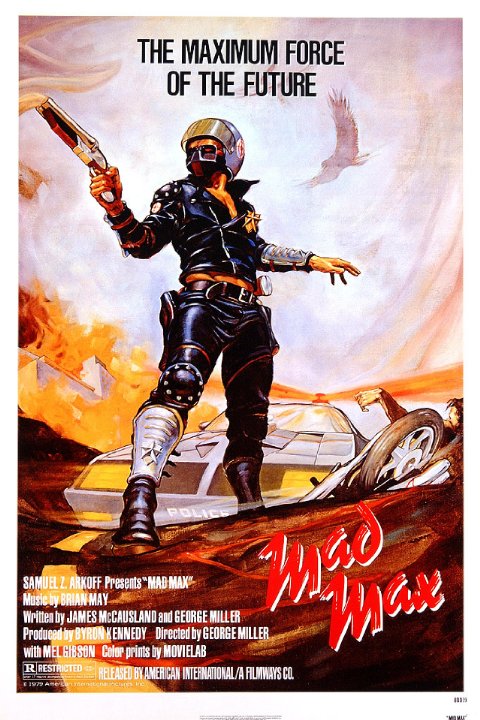
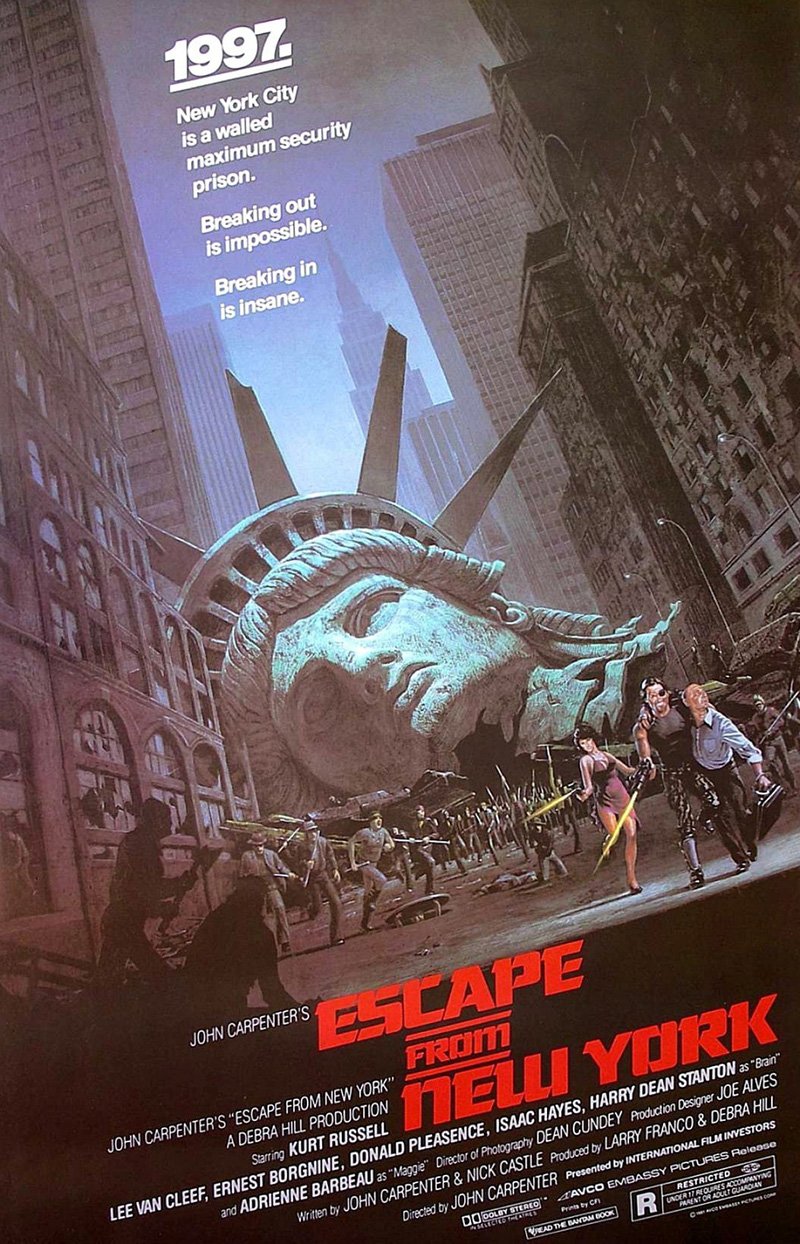
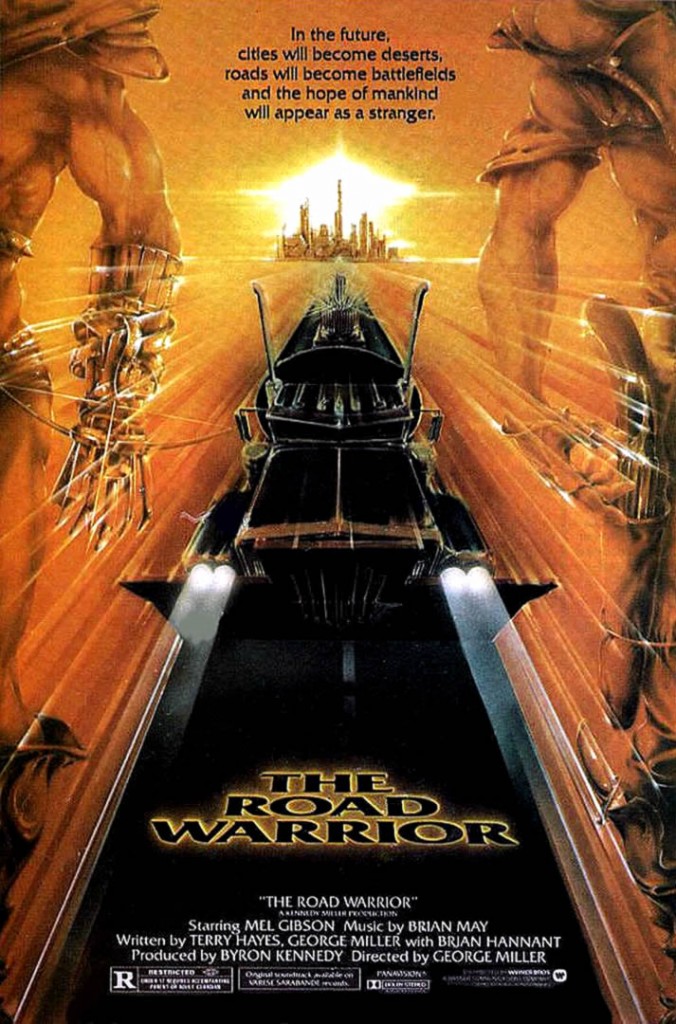


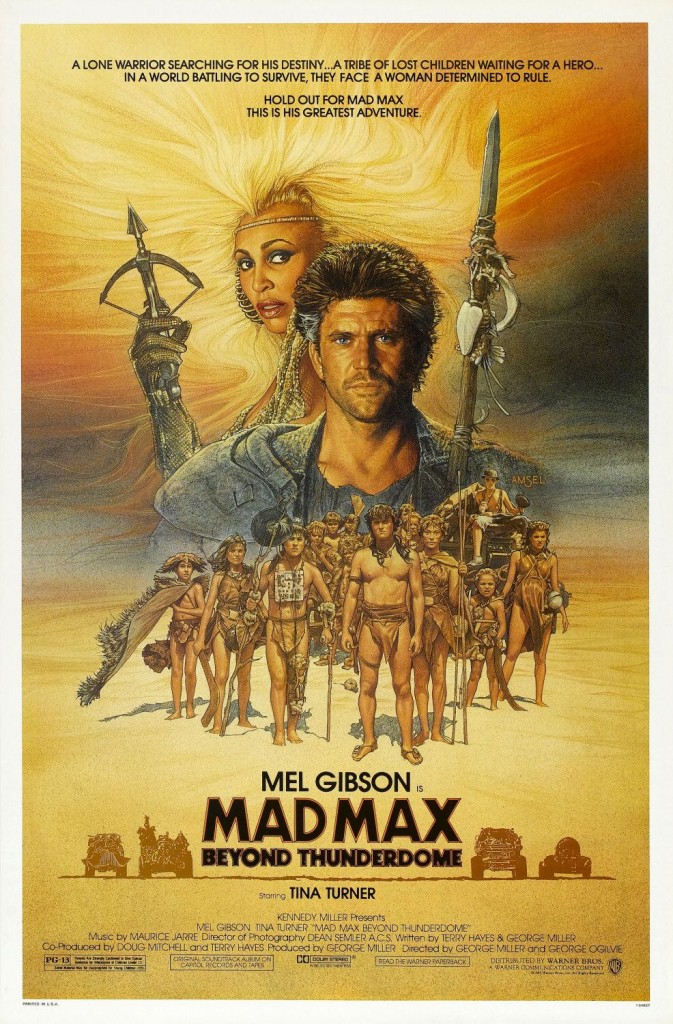

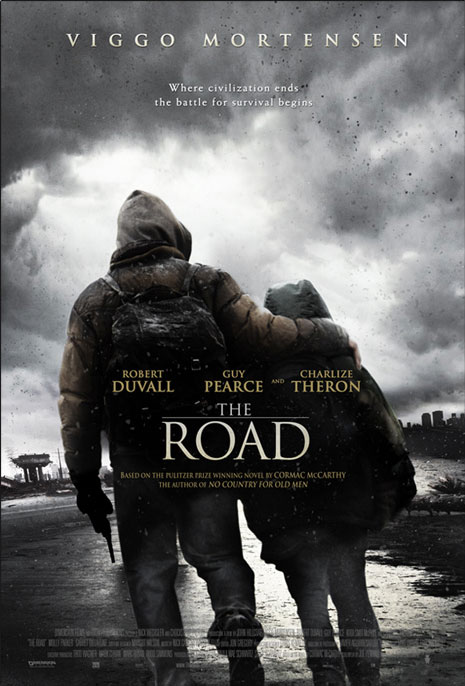

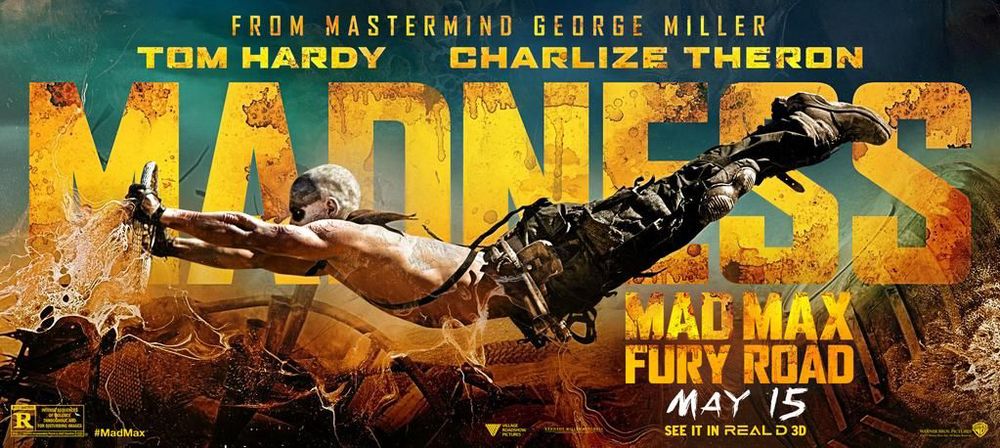
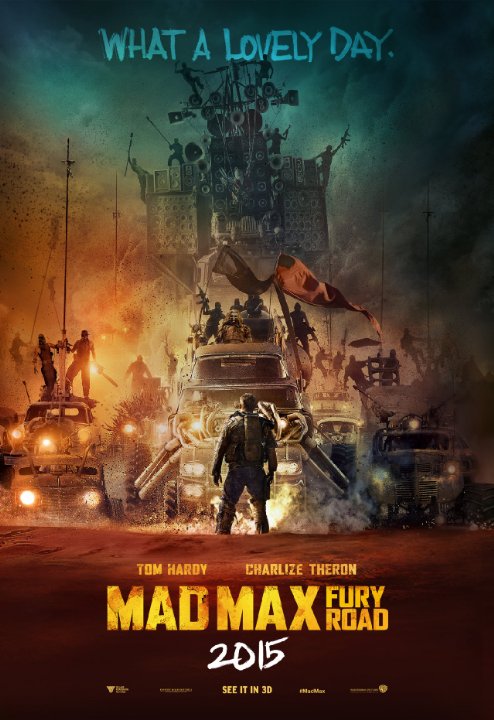
- [THE BIG QUESTION] WHAT’S YOUR FAVORITE FEMALE ENSEMBLE IN MOVIES? - July 22, 2016
- [IN THEATERS NOW] THE BOY (2016) - January 24, 2016
- Cult Movie Mania Releases Lucio Fulci Limited Edition VHS Sets - January 5, 2016
Tags: Action Film, Boris Sagal, Charlize Theron, Charlton Heston, clint eastwood, Denzel Washington, Eli Wallach, George Miller, Horror, Lee Van Cleef, Post-Apocalyptic Cinema, Post-Apocalyptic Films, Rosalind Cash, Russell Metty, Sergio Leone, Tom Hardy, vampires, Westerns, Zombies

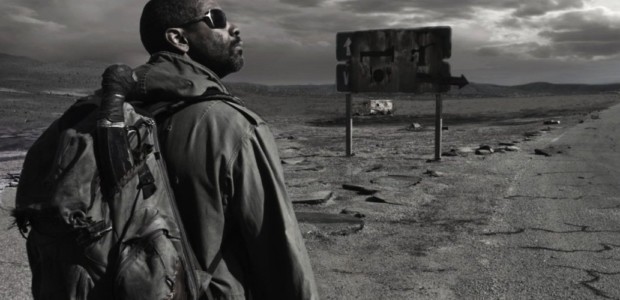




No Comments